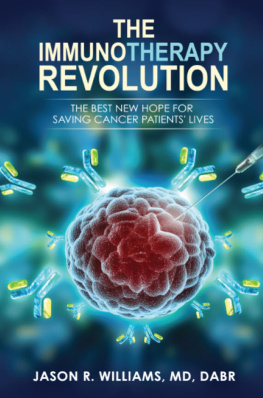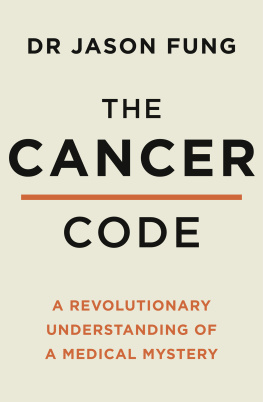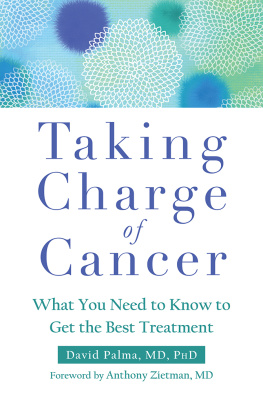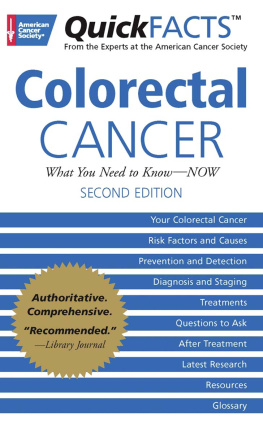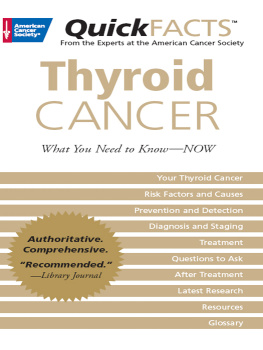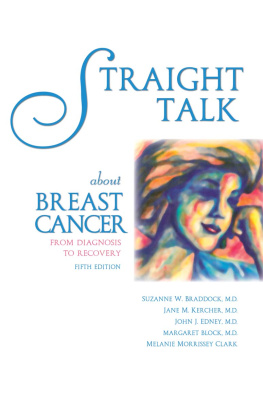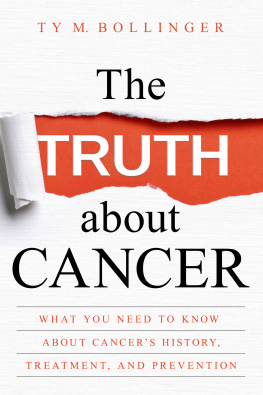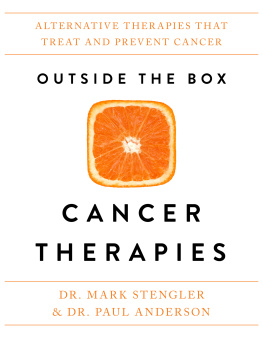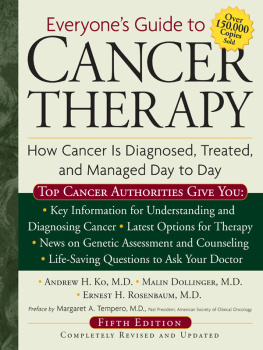Dr. Williams is an expert and thought leader in the field of cutting-edge cancer treatment and research. I have had the pleasure of collaborating with him in the past, and am very familiar with his outstanding work. His new book, The Immunotherapy Revolution, will prove to be essential reading for cancer patients and their families. I highly recommend it!
Jonathan Stegall
MD, integrative oncologist author of the bestselling book Cancer Secrets, and host of The Cancer Secrets Podcast.
The Immunotherapy Revolution is critical and essential reading for all cancer patients and their loved ones. More than recommend itI insist on sharing it!
Dr. Jeffrey Thompson
founder of the Center for Neuroacoustic Research and featured in documentary Heal
Dr. Williams is a pioneer who, through courageous, tenacious pursuit, has identified a revolutionary approach to cancer that puts him at the cutting edge of what is possible in cancer healing.
Jim Roach, MD, ABOIM, ABIHM
author of the highly acclaimed Vital Strategies in Cancer, and Amazon #1 in 4 categories Gods House Calls.
I have had the opportunity and the pleasure to collaborate with Dr. Williams for many years. He is a wealth of knowledge and is always willing to push the envelope, in order to improve cancer treatments. I applaud his work and persistence in the arena of intra-tumoral immunotherapy. It is because of individuals like Dr. Williams, that there is still hope for a cure for this deadly disease. I highly encourage you to read The Immunotherapy Revolution.
Mark Rosenberg, MD
founder of the Institute for Healthy Aging and Integrative Cancer Therapeutics
The work Dr. Jason Williams is doing is very powerful and truly healing people. He is really creating a revolution with his commitment, perseverance, and willingness to eradicate this disease. Do yourself a favor and read the The Immunotherapy Revolution.
Jack Canfield
multiple New York Times bestselling author of the Chicken Soup for the Soul series and The Power of Focus.
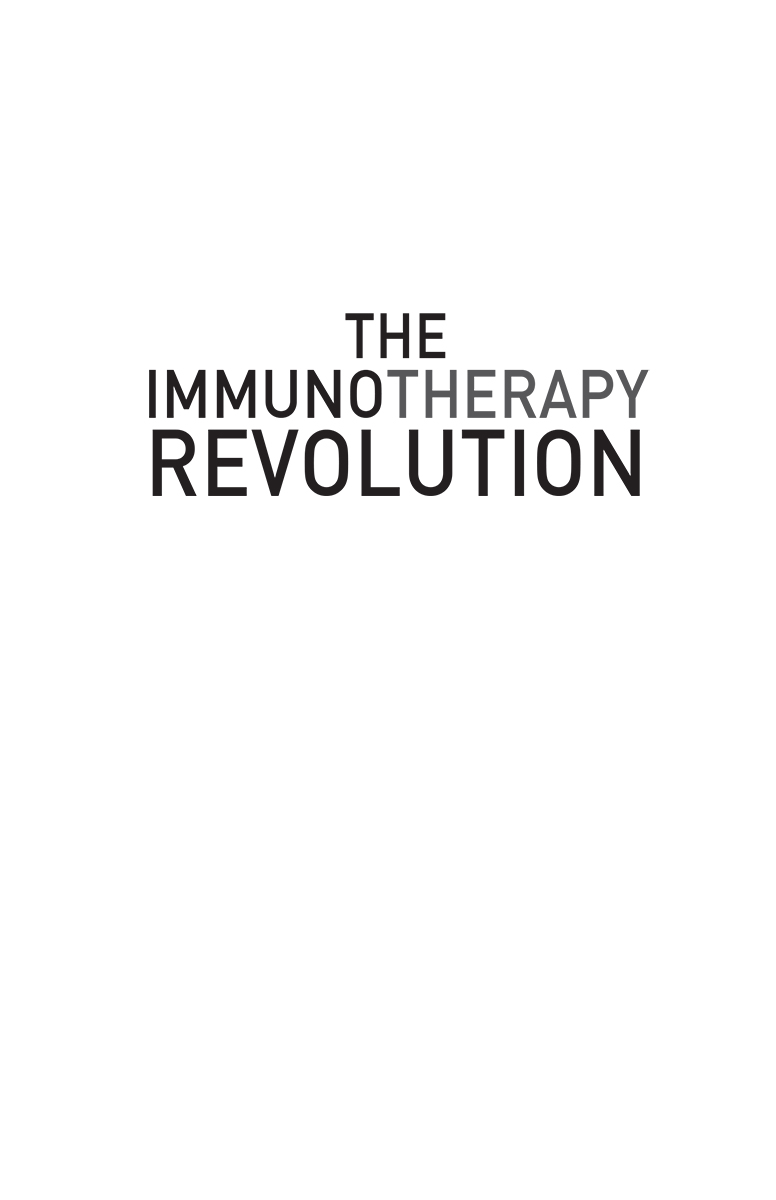

Copyright 2019 by Jason R. Williams
All rights reserved. No part of this book may be reproduced by
any mechanical, photographic, or electronic process, or in the
form of a phonographic recording; nor may it be stood on a
retrieval system, transmitted, or otherwise be copied for public
or private useother than for fair use as brief quotations
embodied in articles and reviewswithout prior written
permission of the publisher.
Legal Notice & Disclaimer
This book and the information it contains is not, nor is it
claimed to be, a treatment program for cancer or any other
disease, and is not intended as a substitute for medical care. If
you suffer from cancer or any other disease, seek immediate
medical attention, and always consult with your physician or
other health care provider as appropriate before engaging in
any new endeavor related to your health.
The author and publisher specifically disclaim all
responsibility for any liability, loss or risk, personal or
otherwise which is incurred as a consequence, directly or
indirectly, of the use and application of any of the contents of
this book.
Williams Cancer Institute
111 Myrtle Ave. Suite 1
Foley, Al 36535
ISBN: 9781642378085
eISBN eBook: 9781642378092
Library of Congress Control: 2019949243
This book is for my grandmother,
Effie Jenkins McIntyre,
whose fight against breast cancer left a lasting
impression on this young boy.
In memory of my father, Jim, who passed away unexpectedly while I was in the middle of writing this book. He was one of the smartest people I have ever known. Dad, your belief in me always gave me comfort and motivation. Your advice, always wise. I wish you had been able to see the completion of this book; however, I made changes, just like you had recommended. I love you and miss you!
Contents
Foreword
I HAVE KNOWN D R . Jason Williams for over a decade, have referred many patients to him, and have watched the development of his therapy over time and, indeed, participated to some extent in it with many discussions over the years.
I enthusiastically welcome his excellent book, which now brings information about his groundbreaking work to the public and to potentially interested physicians involved in cancer care.
Dr. Williams tells the story of the development of his pioneering work in an engaging way, yet liberally sprinkled with core science about immunotherapy and cancer and filled with key references for interested medical professionals to look up, as well as for patients and their families to print out and bring to their doctor.
He carries a high level of technical expertise with interventional radiology, developed through clinical experience in ablating malignant tumors in virtually every tissue of the body, which stretches back to the very beginning of his clinical education in radiology after completing medical school. He combines this interventional radiology expertise with a high level of knowledge about the science of immunology, cancer, and cancer immunotherapy.
As one of the founders of a new science of Interventional Oncology, Jason is realistic about the challenges facing this nascent science.
The vast majority of people with cancer are treated by the three types of oncologists surgical, medical, and radiation oncologists. As a medical oncologist myself, I was interested in immunotherapeutic approaches to treating cancer decades before the success of modern cancer immunotherapy literally burst on the scene with the approval of Yervoy (anti-CTLA-4 antibody) in 2011 plus Keytruda and Opdivo (anti-PD-1 antibodies) a few years later.
In his book, Dr. Williams describes the few dramatic examples of the abscopal effect, i.e. regression of other metastatic tumors not treated by thermal ablation, which happened only occasionally in his early years of work with Interventional Oncology but began to happen much more frequently after he was able to inject these sophisticated anti-cancer immuno-antibodies (the subject of the Nobel Prize in Medicine for 2018), into tumor deposits that he had just ablated by freezing or heating.
Injecting these antibodies directly into tumors (local treatment), rather than intravenously (systemic treatment), as they are conventionally given, appears to have dramatically increased the response rate and reduced the adverse side effects, as well as requiring much smaller quantities of these extremely expensive cancer medications (which can cost up to $30,000 per IV infusion).
On the face of it, there is a chance that the pharmaceutical industry might be unenthusiastic about a new therapy that uses far less of their product. However, it may also open the doors to successful treatment of a far broader spectrum of cancer patients than are currently benefited by the new immunotherapies. This would be a win for patients, doctors, and the pharmaceutical industry alike. In the beginning, it seems unlikely that the pharma industry will be interested in sponsoring clinical trials of this new therapeutic approach. Hopefully, government resources and philanthropic organizations will sponsor the large scale clinical trials needed to establish a practice changing therapy.

